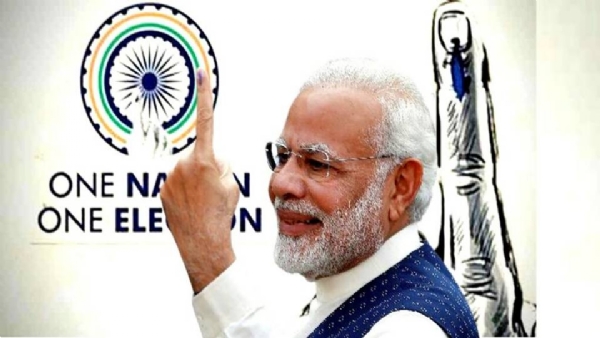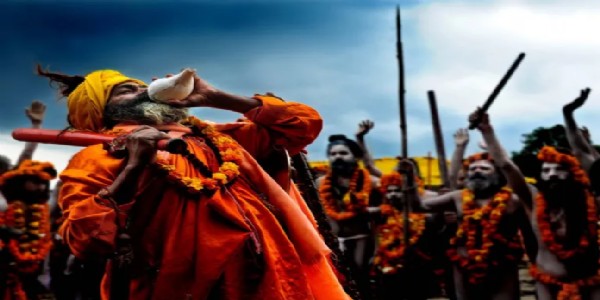NB Explains | What could 'One Nation, One Election' mean in India?
Total Views | 73
New Delhi, Sept 1: In a major development, the central government, led by Prime Minister Narendra Modi, will likely introduce the 'One Nation, One Election' bill during the special session of Parliament.
The development comes a day after the government called a special session of Parliament between September 18 and 22, the agenda for which is under wraps. Usually, Parliament sits for three sessions in a year — Budget, Monsoon and Winter. The Monsoon session of Parliament ended on August 11.

Union Minister of Parliamentary Affairs Pralhad Joshi, in a tweet, said, "Special Session of Parliament (13th Session of 17th Lok Sabha and 261st Session of Rajya Sabha) is being called from 18th to 22nd September having 5 sittings."
"Amid Amrit Kaal looking forward to have fruitful discussions and debate in Parliament," he added.
Special Session of Parliament (13th Session of 17th Lok Sabha and 261st Session of Rajya Sabha) is being called from 18th to 22nd September having 5 sittings. Amid Amrit Kaal looking forward to have fruitful discussions and debate in Parliament.
— Pralhad Joshi (@JoshiPralhad) August 31, 2023
ಸಂಸತ್ತಿನ ವಿಶೇಷ ಅಧಿವೇಶನವನ್ನು… pic.twitter.com/k5J2PA1wv2
What is One Nation, One Election?
In this special session of Parliament, the government is likely to introduce the 'One Nation, One Election' bill, which refers to holding simultaneous elections across the country.
Assembly polls are due in five states in November-December and they will be followed by the Lok Sabha elections in May-June next year.
Centre forms Ram Nath Kovind-headed committee
Over the years, PM Narendra Modi has pushed strongly for the idea of simultaneous Lok Sabha and state assembly polls. Therefore, the Centre has reportedly constituted a committee headed by former president Ram Nath Kovind to explore the possibility of “one nation, one election”.
The decision to task Kovind to look into it underscores the government's seriousness as a host of elections approach.
Pros & Cons of One Nation, One Election
Pros: One of the major reasons to hold simultaneous elections would be to cut down on the expenditure involved in separate elections. As per reports, a whopping Rs 60,000 crore was spent on the 2019 Lok Sabha elections. The amount includes what was spent by the political parties fighting the polls and the spending by the Election Commission of India (ECI) to hold the elections.
Apart from this, efficiency would be increased if elections takes place at the same time, since it slows down considerably during polling. And, the Law Commission said holding simultaneous elections will boost voter turnout as it will be more convenient for them to cast votes at once.
Cons: It would require constitutional amendments to sync up the terms of the state legislative assemblies with that of the Lok Sabha. Further, the Representation of the People Act as well as other parliamentary procedures will also need to be amended. Besides, the scope for regional parties voicing their local issues will have less impact as national issues take centre stage.
Bharati Web







